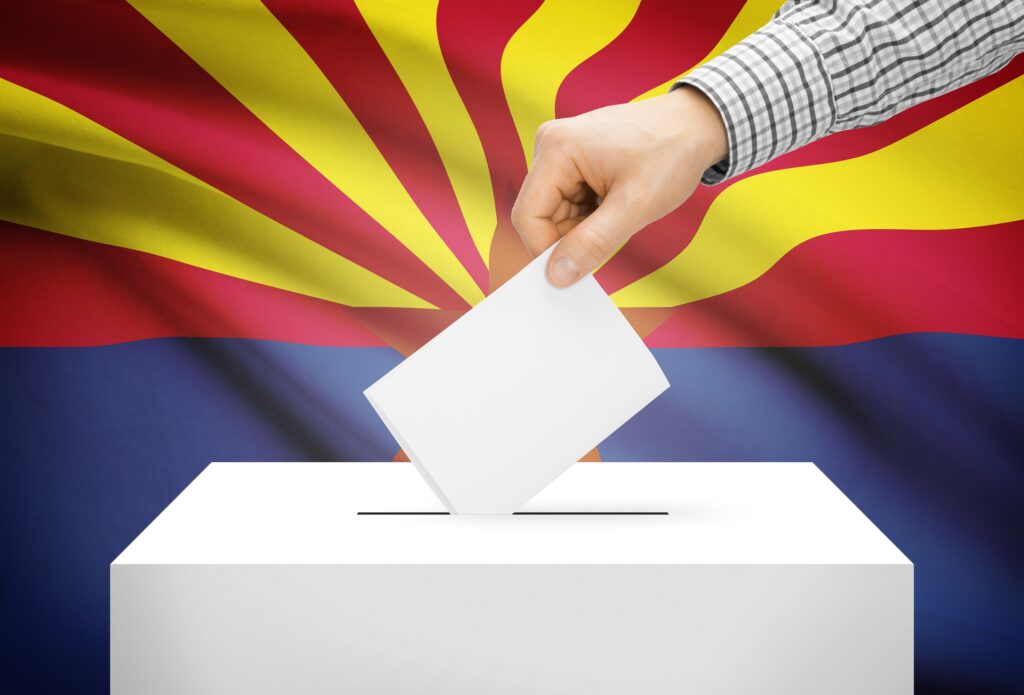The “Credit Card Competition Act” and Interchange Fees
Author
Media Contact
For general and media inquiries and to book our experts, please contact pr@rstreet.org
Executive Summary
New legislation was introduced in July by Sens. Dick Durbin (D-Ill.) and Roger Marshall (R-Kan.) called the “Credit Card Competition Act of 2022.” Companion legislation of the same name was released in September in the House by Reps. Peter Welch (D-Vt.) and Lance Gooden (R-Texas). The act purports to mandate competition by forcing the two largest credit card companies, currently Visa and Mastercard, to accept at least two unaffiliated payment networks for processing interchange fees. The federal reserve will be given the power to enforce compliance.
What are interchange fees?
Interchange fees are fees charged to merchants by banks for the processing of credit card transactions, with an average fee of 1.8 percent in the United States. The interchange fee is set by the card network (Visa, Mastercard, Discover or American Express) but paid to the issuing bank (Chase, Bank of America, etc.). Interchange fees cover the costs of processing, accepting and authorizing credit card transactions, production of physical cards and keeping data secure. They are also part of what funds credit card rewards programs, along with annual fees and interest charges.
Who stands to benefit from the legislation?
- Merchants, including large retailers like Best Buy and Target
- Alternate interchange fee processors
- Credit card companies and their partner banks not currently considered
part of the “duopoly”
What are the unintended consequences, and who will face them?
Forcibly cutting the revenue generated from interchange fees could have a variety of unintended consequences, most borne by the consumer, though banks and credit unions would suffer as well.
- Revenue reduction would likely decimate the credit card rewards program millions of Americans have come to rely on, as evidenced by the original Durbin Amendment and its effects on debit card rewards.
- Many of the credit card co-brand partnerships would likely disappear, including those of airlines or major retailers, as these products would no longer make economic sense.
- Card security may be diminished when processing takes place via a third party, harming consumers, credit card companies and banks.
- The reissuance of billions of physical credit cards would be very costly and extremely challenging as chip shortages continue to plague the credit card industry.
- A transfer of wealth to the nation’s largest merchants would be likely, as was seen with debit card fee mandates.
- The possibility of less access to credit for lower-income individuals and those with lower credit scores when overall revenue is forcibly reduced.
Real World Example
- An individual purchases $100 of groceries on their cash-back rewards credit card.
- The bank loans out the $100 as credit for the purchase while the card network processes the transaction.
- The transaction entitles the purchaser to 5 percent cash back for grocery store purchases, in this case $5.
- Meanwhile, the merchant receives about $97.50 of the $100 transaction when interchange and other electronic processing fees are considered.
Historic Precedent: The Durbin Amendment to the Dodd-Frank Act
The historic precedence of the so-called Durbin Amendment of The Dodd-Frank Act of 2010 shows us that when revenue is slashed at the hands of government, the costs must be borne elsewhere. The Durbin Amendment mandated debit card processing fees to merchants in the hopes that the savings would be passed on to consumers. In reality, 22 percent of retailers raised prices on consumers, and only 1.2 percent reduced their prices. Meanwhile, large retailers retained the fee savings to the tune of $42 billion. Additionally, the amendment all but destroyed debit card rewards programs and slashed free checking.
Conclusion
Despite efforts to the contrary, government cannot mandate competition. The effects of the debit card fee mandates did not lower costs for consumers or improve their financial standing. Instead, the overwhelming majority of retailers raised prices or kept prices the same and the act destroyed debit card rewards programs and severely harmed access to free or low-fee checking. This has a disproportionate effect on individuals with less income.
Credit card fee mandates are likely to be more severe, as lending involves risk-taking on the part of the bank and therefore necessitates higher returns to make economic sense. Current supply-chain conditions in the chip market further complicate the proposed legislation, as does the potential loss of credit card rewards programs that Americans have come to enjoy.










